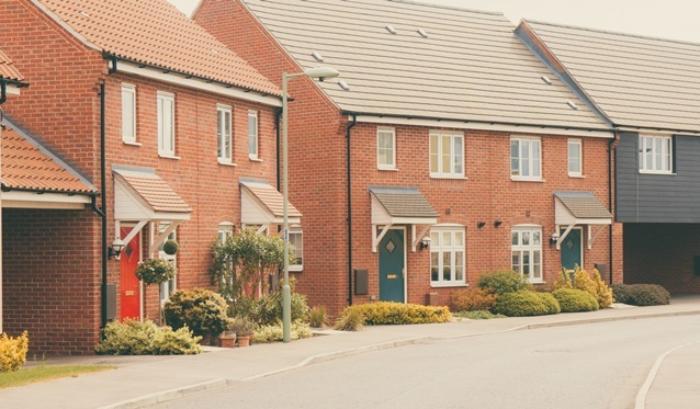Owning a second home is increasingly common. For some people it’s by choice and for others by circumstance. But whether you choose to buy a holiday home or rental property, or simply inherit, owning two or more properties requires special attention.
What is a second home?
This is any property you own in addition to your main home.
How you might become a second-home owner
There are many reasons why you might become a second-home owner. These include:
- Owning your own home and then buying with a partner.
- Buying a holiday home.
- Investing in buy-to-let property.
- Buying property with or for a young relative.
- Buying a property near your work but keeping your existing home.
- Inheriting property which you decide to keep as an investment.
Buying a second home
If you need a mortgage to buy a second home, there are two ways to do this.
If you have sufficient equity in your first property, you could remortgage borrowing more and using this cash to buy a second property.
For example, if your first property is worth £500,000 and your outstanding mortgage is £100,000, you’ll have £400,000 equity in your home. You could then remortgage increasing your borrowing to £300,000. This would raise £200,000 which you could use to buy a second property.
If you don’t have sufficient equity in your first property to do this, you’ll need a mortgage for the second property. The type of mortgage you need will depend on what you plan to use the property for. For example, if you plan to rent it out you will need a buy-to-let mortgage and the amount you can borrow will be based on the potential rental income.
Whereas if you want to buy a holiday home you’ll need a standard residential mortgage. To get this you’ll have to show your lender you have enough income to pay for this mortgage as well as the one you already have.
To buy a property abroad you’ll either need to find a UK lender that lends on property abroad or contact a lender in the country where you want to buy.
Tax
There are various taxes you might have to pay if you own a second home.
Council Tax has to be paid on most properties in England but reductions may be available at the discretion of the local council. Another way to reduce the bill is to rent out your second property and use some of the rent to cover the Council Tax. With buy-to-let properties landlords often pass on all Council Tax responsibilities to the tenant.
If you rent out your second home the rental income needs to be declared on your tax return. This income is added to any other income you have and subject to income tax at the appropriate level. So if you are a higher-rate taxpayer, you will have to pay higher-rate tax on the rental income.
There are also tax implications when you sell a second property. If this is not your main residence, technically known as your principal private residence, you may have to pay capital gains tax on any profit you make from the sale.
Insurance
You will need buildings insurance for your second home and probably contents insurance. If you don’t occupy the property for long periods you should tell your insurer. It could be that your insurance does not cover you for this and you need to take out a different policy.
Similarly, if you rent out your property you should tell your insurer to make sure you have the right insurance cover.
